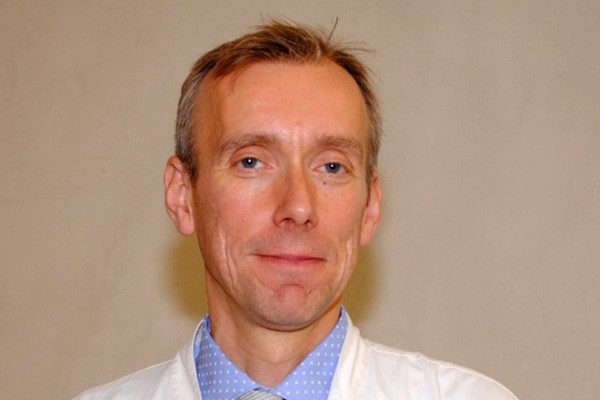Objectives:
ESR 1 aims to identify specific gene expression pattern that distinguish microcalcifications compared with healthy tissue and large calcifications, and to establish the mechanisms involved in the interplay between structural cells and macrophages. The working hypothesis is that failure in inflammation resolution favors the formation of microcalcifications rendering the atherosclerotic plaque unstable. This ESR will work in close collaboration with ESR8, and with ESR4 and ESR7. The results obtained by ESR1 will also be further explored in ESR5 (marker identification) and ESR11 (imaging).
Methodologies:
High throughput gene expression profiling (including non-coding RNA and microRNA) will be performed in human carotid endarectomies and in human aortic valve specimens. We will study whether a failure in the resolution of inflammation is a cause of microcalcifications, or if microcalcifications (for example through NALP3 inflammasome activation) inhibits inflammation resolution, which in turn renders the plaque unstable.
Primary cultures of human vascular smooth muscle cells and valvular interstitial cells will be used for assessment of calcified nodule formation after exposure to for example lipid mediators of resolution. Macrophage and SMC co-cultures will address the interaction between these two cell types in the calcification process. Finally, co-cultures will be exposed in vitro to conditioned media from calcified tissues. In vivo calcification: Mice lacking the specific receptors for lipid mediators of resolution (for example the ALX/FPR2) will be crossbred with atherosclerosis prone mouse strains (ApoE and/or LDLr knock-out mice and microcalcifications in atherosclerotic lesions will be assessed histologically, and their relation to other indices of plaque instability will be determined (collagen content and maturation, MMP expression).

